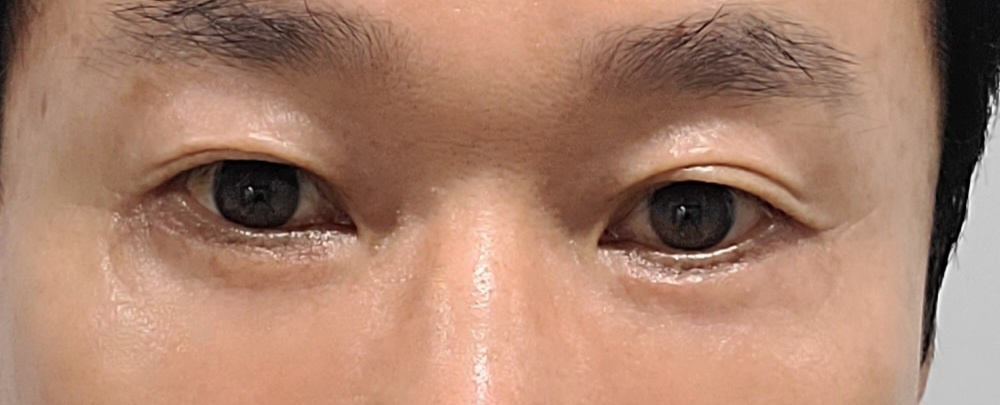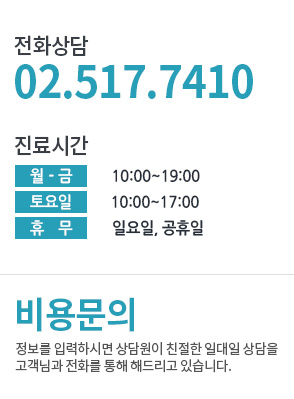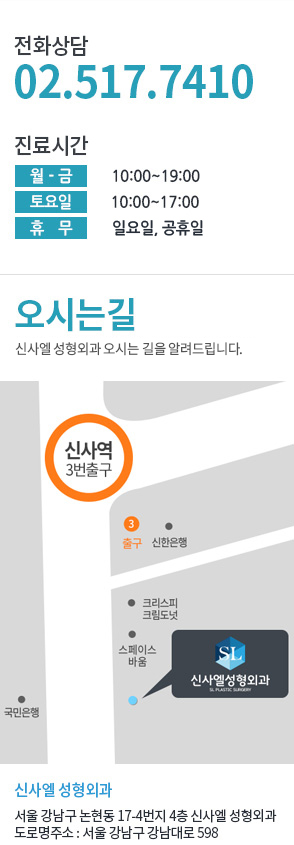
구분 |
입체윤곽 |
작성일 |
25-10-20 06:28 |
조회 |
1 |
|---|---|---|---|---|---|
이름 |
Leonard |
||||
제목 |
NHS: Belonging in White Corridors |
||||
|
In the sterile corridors of Birmingham Women's and Children's NHS Foundation Trust, a young man named James Stokes navigates his daily responsibilities with subtle confidence. His polished footwear move with deliberate precision as he exchanges pleasantries with colleagues—some by name, others with the comfortable currency of a "good morning." James carries his identification not merely as a security requirement but as a declaration of inclusion. It sits against a well-maintained uniform that offers no clue of the tumultuous journey that led him to this place. What distinguishes James from many of his colleagues is not visible on the surface. His bearing reveals nothing of the fact that he was among the first participants of the NHS Universal Family Programme—an effort created purposefully for young people who have spent time in care. "It felt like the NHS was putting its arm around me," James explains, his voice controlled but revealing subtle passion. His statement summarizes the heart of a programme that aims to revolutionize how the massive healthcare system views care leavers—those frequently marginalized young people aged 16-25 who have graduated out of the care system. The numbers tell a troubling story. Care leavers frequently encounter higher rates of mental health issues, financial instability, housing precarity, and reduced scholarly attainment compared to their peers. Underlying these clinical numbers are personal narratives of young people who have navigated a system that, despite best intentions, frequently fails in offering the stable base that molds most young lives. The NHS Universal Family Programme, initiated in January 2023 following NHS England's pledge to the Care Leaver Covenant, embodies a significant change in institutional thinking. At its heart, it accepts that the complete state and civil society should function as a "collective parent" for those who haven't experienced the constancy of a traditional family setting. A select group of healthcare regions across England have charted the course, creating frameworks that rethink how the NHS—one of Europe's largest employers—can extend opportunities to care leavers. The Programme is detailed in its strategy, initiating with comprehensive audits of existing procedures, establishing oversight mechanisms, and securing executive backing. It acknowledges that successful integration requires more than noble aims—it demands practical measures. In NHS Birmingham and Solihull ICB, where James began his journey, they've established a consistent support system with representatives who can provide help and direction on mental health, HR matters, recruitment, and EDI initiatives. The standard NHS recruitment process—rigid and potentially intimidating—has been thoughtfully adapted. Job advertisements now focus on character attributes rather than numerous requirements. Application processes have been redesigned to accommodate the particular difficulties care leavers might experience—from missing employment history to facing barriers to internet access. Possibly most crucially, the Programme acknowledges that beginning employment can pose particular problems for care leavers who may be managing independent living without the backup of family resources. Issues like travel expenses, proper ID, and bank accounts—considered standard by many—can become major obstacles. The elegance of the Programme lies in its attention to detail—from explaining payslip deductions to helping with commuting costs until that essential first wage disbursement. Even apparently small matters like coffee breaks and professional behavior are deliberately addressed. For James, whose NHS journey has "revolutionized" his life, the Programme delivered more than a job. It provided him a sense of belonging—that intangible quality that develops when someone is appreciated not despite their background but because their particular journey enriches the institution. "Working for the NHS isn't just about doctors and nurses," James observes, his eyes reflecting the modest fulfillment of someone who has secured his position. "It's about a family of different jobs and roles, a group of people who genuinely care."  The NHS Universal Family Programme embodies more than an work program. It functions as a strong assertion that systems can change to embrace those who have known different challenges. In doing so, they not only transform individual lives but improve their services through the special insights that care leavers contribute. As James walks the corridors, his presence subtly proves that with the right assistance, care leavers can succeed in environments once deemed unattainable. The support that the NHS has provided through this Programme represents not charity but recognition of overlooked talent and the essential fact that everyone deserves a community that supports their growth.  |
|||||
































